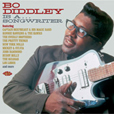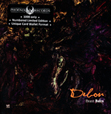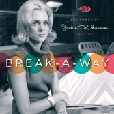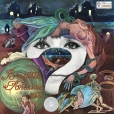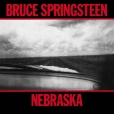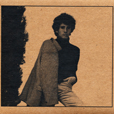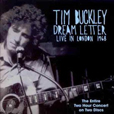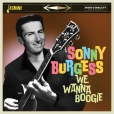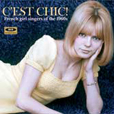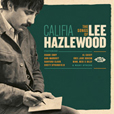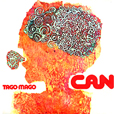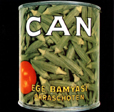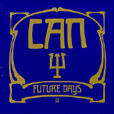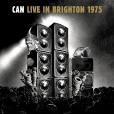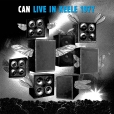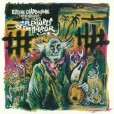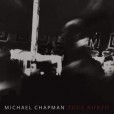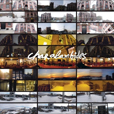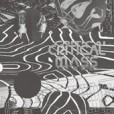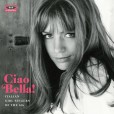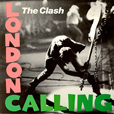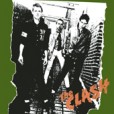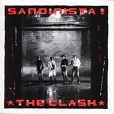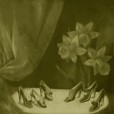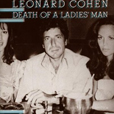Your basket is empty

Karuna Khayal runnings from 1975. ‘Orchestrated fuzz guitar, echo-drenched percussion, reverbed bass, zithers, assorted taped sounds and vocals that are simply inspired… a must for devotees of Faust and Can.’
Her 1968 masterwork, arranged by Jean-Claude Vannier, originally released on Saravah. Approved by Brigitte, this expanded edition features the original album, newly remastered from the original tapes, along with a second album of demos, instrumentals, and a live rendition of Il Pleut recorded for France Inter/ORTF. With a twenty-page bilingual booklet, including an introduction by Laetitia Sadier, plus full lyrics and rare archival photos.
‘Gathers revelatory unheard material from this prolific period including the fabled Electric Nebraska sessions with the E Street Band and solo home and studio recordings, joined by a 2025 remaster of the original album, plus a new performance film of all ten Nebraska songs played in sequence.
‘Springsteen’s 1982 acoustic masterwork is augmented by seventeen contemporary recordings (fifteen previously unreleased) that were part of the groundswell of inspiration that shaped Nebraska and share its haunting themes.’
Mono and stereo — with six from just before (the unreleased, jazzy My Love, a stripped-down She Is) and twelve with his still-earlier band The Bohemians. Sex, romance, mysticism… soul power. Exquisitely packaged.
Live in London, 1968.
Electrifying, raw, wild rockabilly, lathered in sex, alcohol, and general doowhutchalike.
From 1956, his first record is one of our favourite 45s ever: Red Headed Woman backed with We Wanna Boogie. ‘Here was total abandon: coarse, untutored singing; unintelligible lyrics; ragged drumming; distorted guitar, backed by a wildly bleating trumpet. It was punk before punk, thrash before thrash’ (Colin Escott).
And as for Ain’t Got A Thing… whoa oh oh… what a KILLER.
Great-fun, expertly-assembled, well-presented collection of ye-ye girl pop, featuring Francoise Hardy (of course) alongside BB, Anna Karina (from the Godard films) and co.
Jennifer Lucy Allan: ‘The heads know — forums and published books alike agree — that 76-77 is the best of the Can live years (Keele included). A couple of the tracks from this show have been included on fan-made ‘best of’ live bootlegs over the years. And wow, are they right.’
Peter Margasak, describing this album in The Wire: ‘The meticulous environments and rhythmic trenches Can had been building from the very start always cast a hypnotic spell, but when they had the freedom to inhabit the material without limitations they achieved the sort of transcendental brilliance that the greatest improvisations can deliver. We may recognise fleeting glimpses of studio tracks here and there, but they’re merely stepping off points for extended trips that convey much greater profundity, propulsion and ecstasy.’
